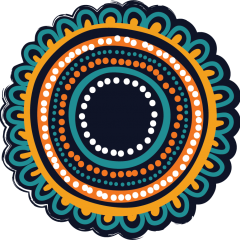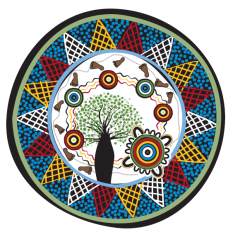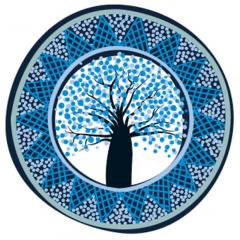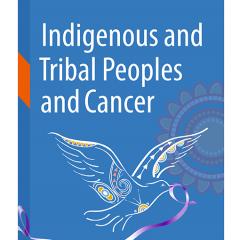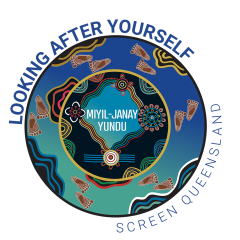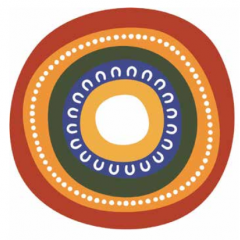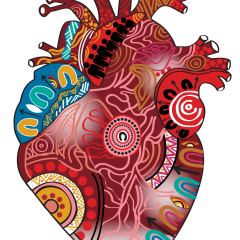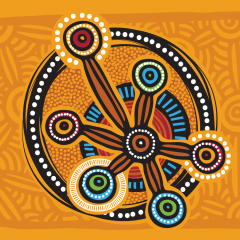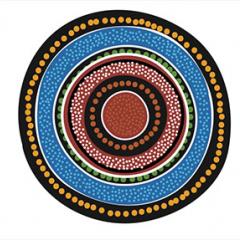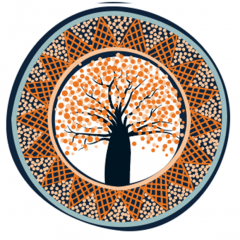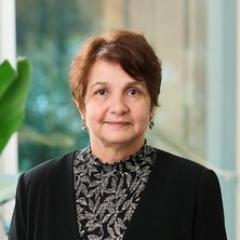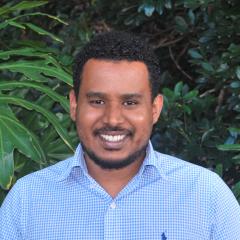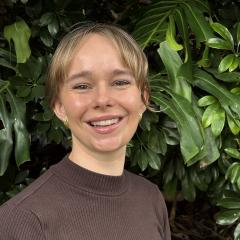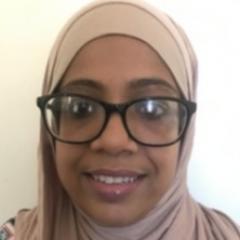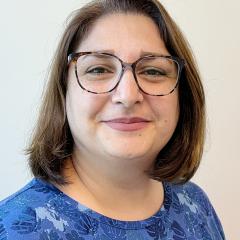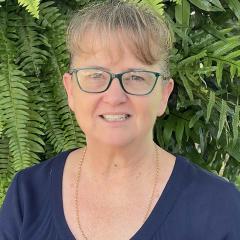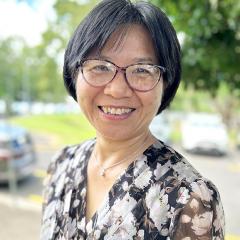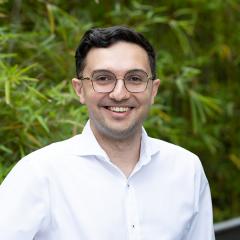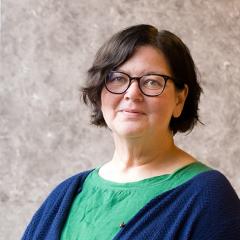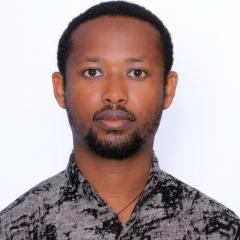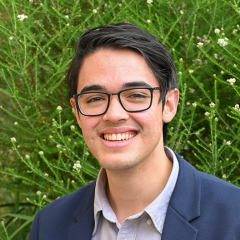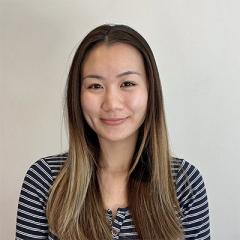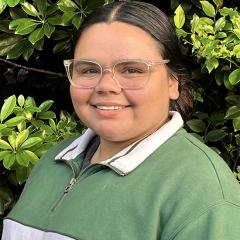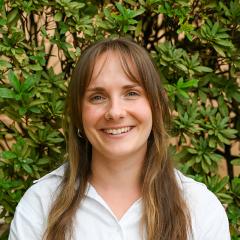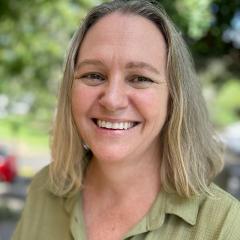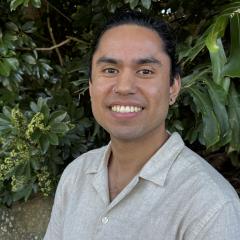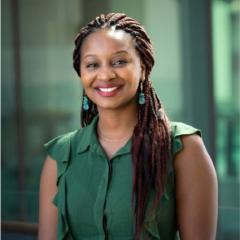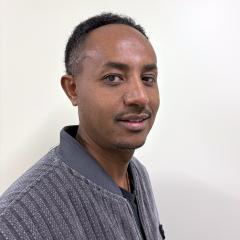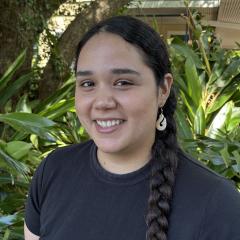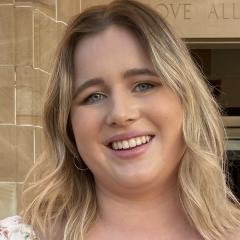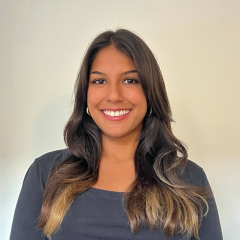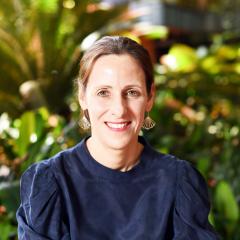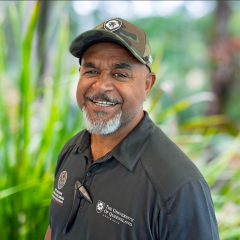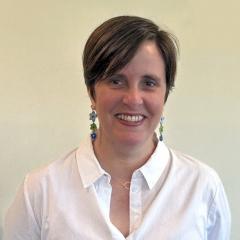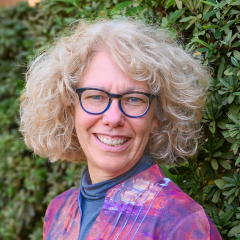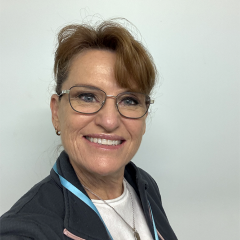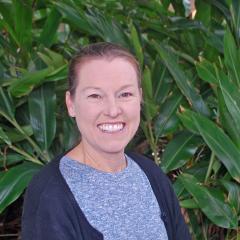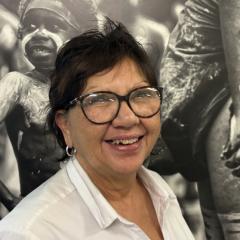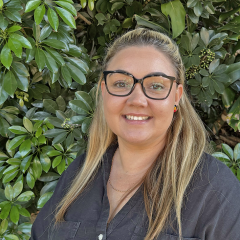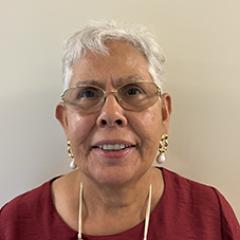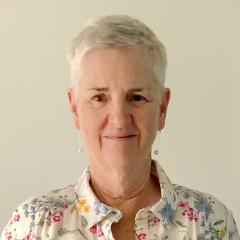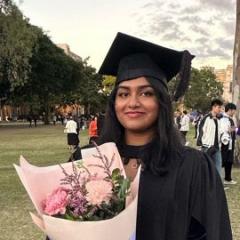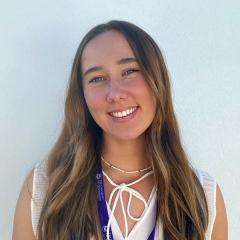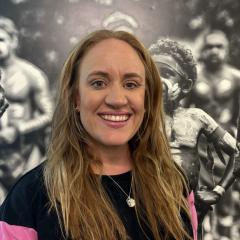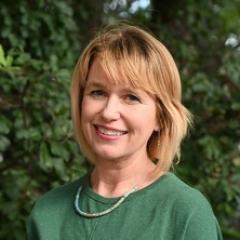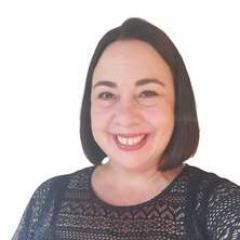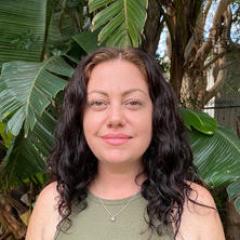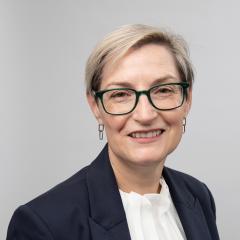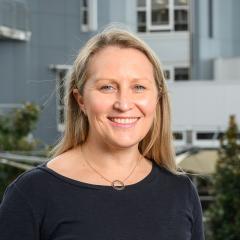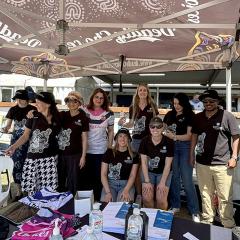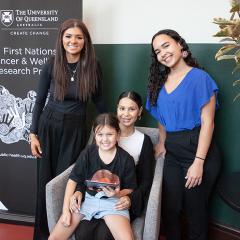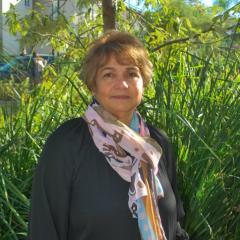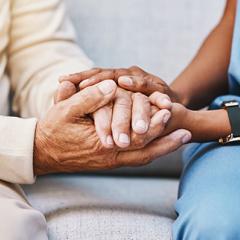Research that supports positive outcomes for Australia’s First Nations people
The First Nations Cancer and Wellbeing Research Program conducts innovative, community-driven, mixed-methods research that supports and empowers Australia’s First Nations people to achieve optimal health and wellbeing. We work through two research streams: cancer and wellbeing.
Our goal is to make a substantial and meaningful impact on the health and wellbeing of Aboriginal and Torres Strait Islander people. We work with First Nations peoples, families, and communities, and the health services that support them.
The First Nations Cancer and Wellbeing Research Program is an Aboriginal-led, multidisciplinary program focused on making a meaningful impact on the health and wellbeing of Aboriginal and Torres Strait Islander people.
We bring together national and international collaborators to actively promote the translation of research knowledge into public health policy and practice. We use research methods that are culturally sensitive, appropriate, and grounded in principles of co-design.
Our work is supported through major competitive grant funding, including NHMRC, MRFF, and ARC grants. We also conduct targeted research consultancies.
The team is led by Professor Gail Garvey, a Kamilaroi woman who was among the first researchers to recognise the substantial impact of cancer on Aboriginal and Torres Strait Islander people.
- First book to bring together current global data about Indigenous and Tribal peoples' experiences with cancer
- Looks forward to future policy directions, successful public health interventions, and best-practice approaches
- Prioritizes Indigenous and Tribal peoples' voices and weaves their experiences and worldviews throughout text
- This book is open access, which means that you have free and unlimited access
Although cancer survival has improved markedly in developed countries in recent decades, not all groups have benefited equally. In particular, Indigenous and Tribal peoples continue to have poorer cancer outcomes than their non-Indigenous counterparts. The available evidence suggests these disparities are linked to a complex combination of factors, including higher incidence of cancers associated with a high case fatality, later stage of diagnosis, reduced access to cancer treatment, and poorer overall health. Much research is underway to explore approaches to improving health system responses for Indigenous and Tribal peoples. A developing evidence base is supporting effective translation of knowledge into practice. This book offers a global perspective on this evidence base, written from Indigenous perspectives.
This book is the first comprehensive publication to report on cancer incidence, mortality, prevalence, survival, and inequities for Indigenous and Tribal peoples globally, with the aim of enhancing global efforts to improve outcomes for these populations. Its content and approach are led by Indigenous researchers with international reputations in health and cancer research. Chapters provide important information and data to support Indigenous-specific, targeted cancer awareness and early detection campaigns. This book goes beyond a discussion of the issues and challenges in Indigenous health, with a strengths-based approach to discussing successful health interventions, research projects, research translation, and living well – both with and beyond cancer.
________________________
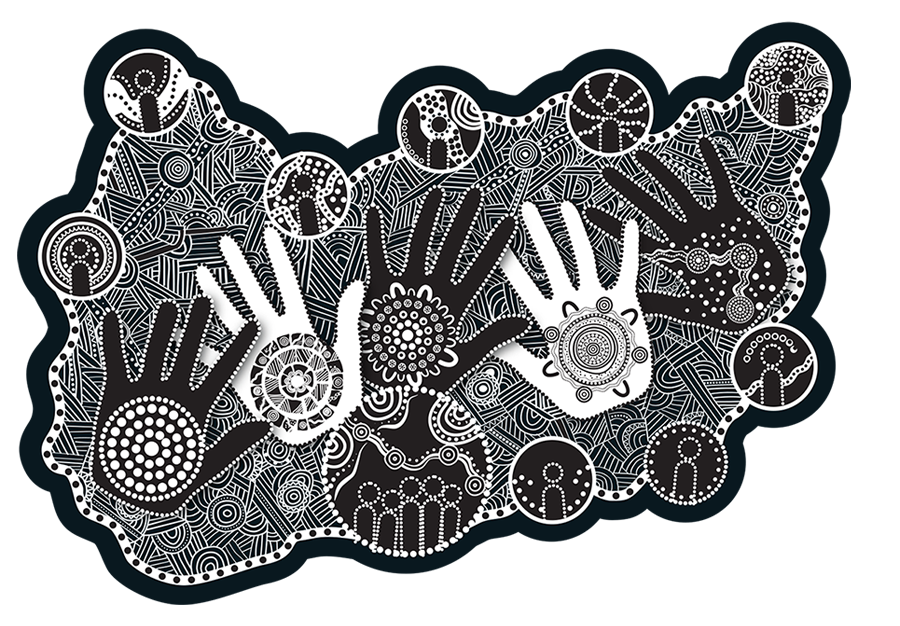 The First Nations Cancer and Wellbeing Research Program artwork
The First Nations Cancer and Wellbeing Research Program artwork
The FNCWR Program artwork is designed to represent our work and our connections with Aboriginal and Torres Strait Islander communities. It tells a story of community connection, co-design, strength, and resilience.
The artwork was developed through consultation with FNCWR Program staff.
The five hands represent our team of researchers and support staff. Each hand shows the circle icon of meeting places, to represent the places where researchers and the community connect to develop research that creates positive change.
Dots within these meeting places represent the people who sit together to yarn and learn from each other. The background thatching represents strength and resilience – both within the FNCWR Program and within Aboriginal and Torres Strait Islander communities.
The icons of people represent the Aboriginal and Torres Strait Islander staff who work in the FNCWR Program. These icons are designed to inspire our First Nations staff to recognise their important place in the FNCWR Program and, through the artwork, tell their own story.
The largest circle represents community, and the blue circles and paths within the community icon represent the road travelled by staff as they work with different communities. The red line enclosing the artwork represents the blood-lines between Aboriginal and Torres Strait Islander people.
Artist: Craig Carson, Wakka Wakka, Cobble Cobble, Senior Community Engagement Officer, with support from Colleen Lourenco Communications and Graphic Design - UQ FNCWR Program
The vision of the First Nations Cancer & Wellbeing Research (FNCWR) Program is innovative and community-driven research that supports and empowers Australia’s First Nations people and communities to achieve optimal health and wellbeing.
The FNCWR Program brings together national and international collaborators to actively promote the translation of research knowledge into public health policy and practice.
Our Academic Team
Research Team
Research Support
Students
Affiliates
Our current vacancies are listed on the UQ careers page.
If you’re interested in an academic career, we can offer a PhD or Masters scholarship partnered with an appropriate academic or professional position, which will enable you to study while you work.
The First Nations Cancer and Wellbeing Research Program conducts innovative, community-driven, mixed-methods research that supports and empowers Australia’s First Nations people to achieve optimal health and wellbeing. Our research employs the principles and practices of co-design.
Our focus areas are cross-disciplinary, and include: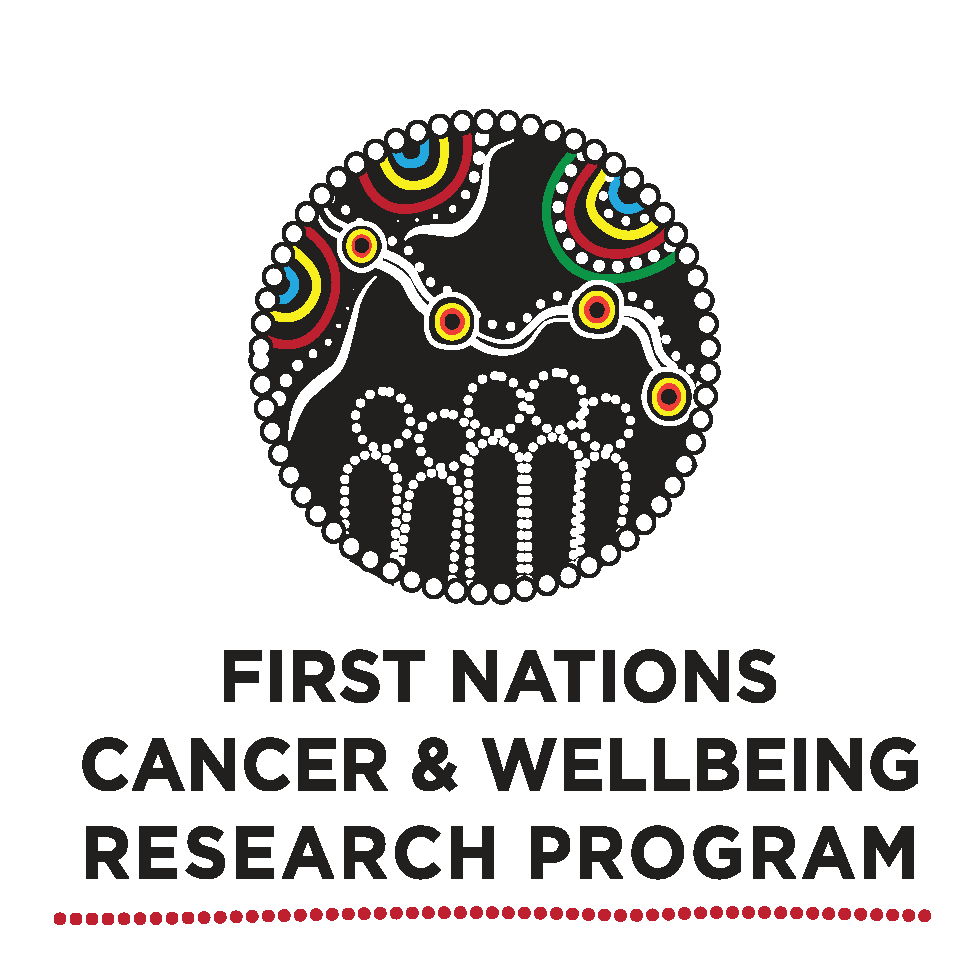
- Cancer prevention and early detection
- Reducing the impact of multi-morbidities for people with cancer
- Wellbeing across the life course
- Health services research and innovation
- Cancer survivorship
- Psychosocial care across the cancer care continuum
Our work is guided by the key principles of:
- Self-determination and leadership
- Connection and collaboration
- Meaningful change
- Equity-focused research
- Indigenist research methods
- Developing future research leaders
Books
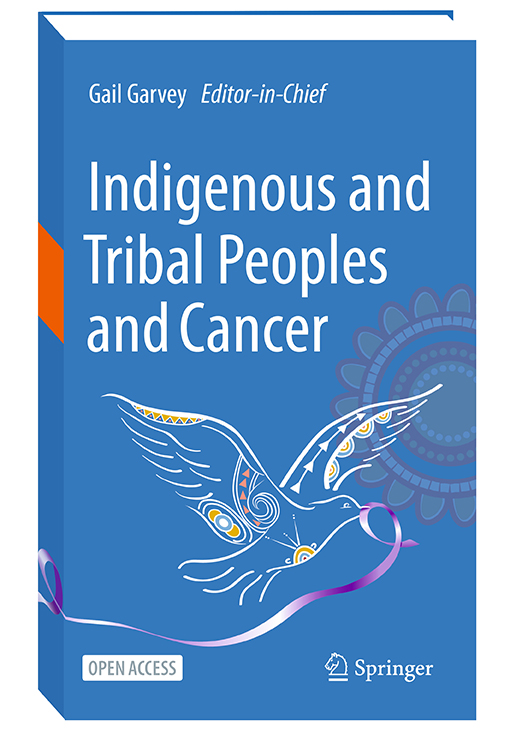 Indigenous and Tribal Peoples and Cancer
Indigenous and Tribal Peoples and Cancer
Editors: Gail Garvey, with Linda Berhansstipanov, Lea Bill, Nina Scott and Lisa Whop
First book to bring together current global data about Indigenous and Tribal peoples' experiences with cancer Looks forward to future policy directions, successful public health interventions, and best-practice approaches Prioritizes Indigenous and Tribal peoples' voices and weaves their experiences and worldviews throughout text This book is open access, which means that you have free and unlimited access.
Bowel Cancer Screening
A booklet and facilitators guide have been developed. The book is available below.
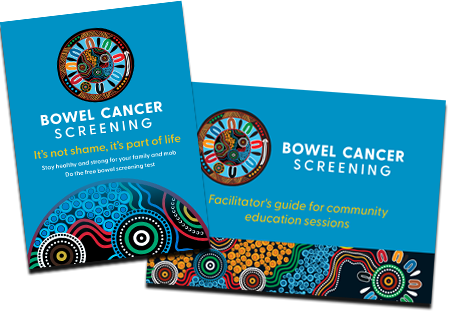
Bowel Screening Booklet
SCNAT-IP
Visit our website www.scnatip.org to find out more about this resource.
To ensure best practice and outcomes.
Please watch the training video available HERE
You can request the tool via the form on our dedicated SCNAT-IP website. Request the SCNAT-IP Tool
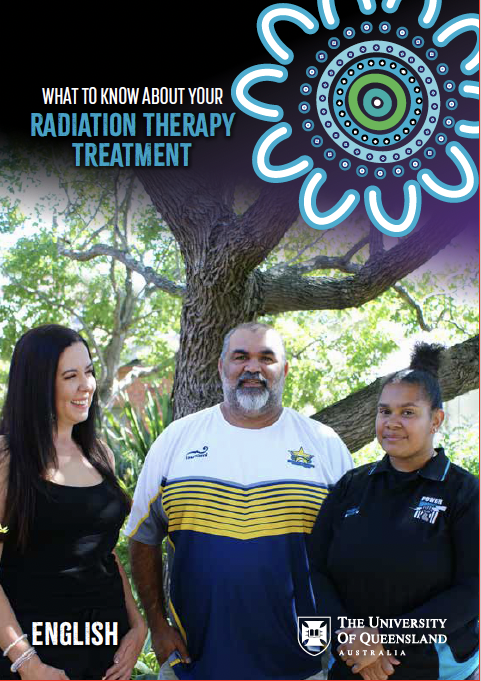 4C's
4C's
The project aim is developing and testing Aboriginal and Torres Strait Islander specific cancer resources such as a radiation therapy talking book and a question prompt list for Aboriginal and Torres Strait Islander cancer patients.
What to know about your
Radiation Therapy Treatment Book
This book is the outcome of a Menzies School of Health Research Project - Collaboration and Communication in Cancer Care for Aboriginal and Torres Strait Islander people: The 4Cs Project; improving patient-centred care and treatment outcomes.
You can download, watch or listen to the book by using the links below.
DOWNLOAD RADIATION THERAPY BOOK Read the book.
Radiation Therapy Book - ENGLISH - YouTube Video Watch the video. (1 hour
Radiation Therapy Book - Yolngu Matha - YouTube Video Watch the video. (1h 20m)
Radiation Therapy Book - ENGLISH - Epub Download the English talking book, to your device.
Radiation Therapy Book - YOLNGU MATHA - Epub Download the Yolngu Matha talking book, to your device.
You can access this book on either apple or android device. Use AppleBooks on your iOS device or download the Adobe Digital Editions app for your Android device, for the best use of this resource.
This book was updated in April 2025 by The University of Queensland FNCWR program team. The book has been reprinted and the audio book published to Apple books in 2 languages, with a YouTube video in each language now available to complete full accessibility of this resource. The audio book and YouTube videos, feature animations to increase engagement.
You can order a printed copies of this book by contacting ea.fncwr@uq.edu.au
What Matters
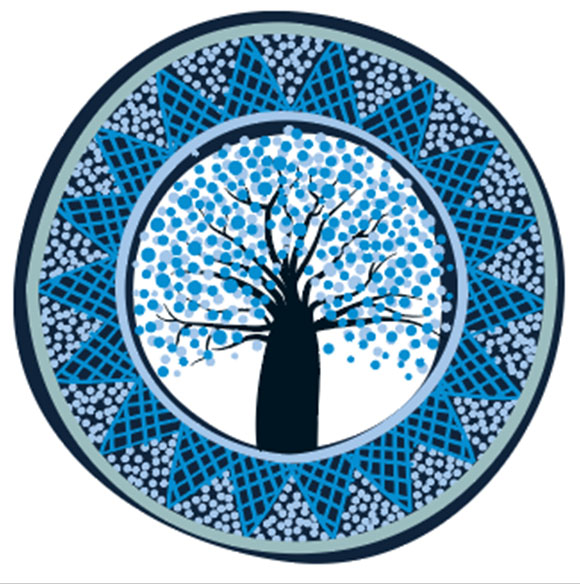 The WM2Adults tool is now available you can request a copy of the tool from our dedicated website:
The WM2Adults tool is now available you can request a copy of the tool from our dedicated website:
The WM2Youth (12-18 years) is the final stages and will be available soon.
The WM2Kids (5-11 years) is still in development


